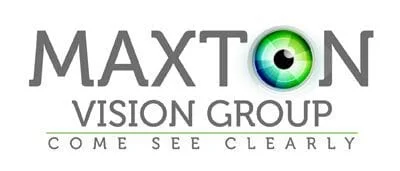Subtle changes in your eyes may be the first signs of a health problem.
Read more-
What Do Your Eyes Say About Your Health?
Category: Newsletters, Medical Perspectives
-
What to Ask Your Eye Care Professional
Category: Newsletters, Medical Perspectives
Have questions about your vision? Ask your eye care professional one of these questions during your next visit.
Read more -
Everything You Need to Know About Prosthetic Eyes
Category: Newsletters, Medical Perspectives
Have questions about prosthetic eyes? We answer the most common questions about artificial eyes.
Read more -
What to Expect During a Routine Eye Exam
Category: Newsletters, Medical Perspectives
Routine eye exams are straightforward, quick and painless. Most doctors recommend screening your vision on an annual basis to ensure your vision prescription is up to date (or to determine you need one) and to make sure your eyes are healthy. Regular eye exams are the first line of defense against eye
Read more -
What Does Dilating My Eyes Do?
Category: Newsletters, Medical Perspectives
You may have heard the term "dilation" being used by your eye doctor or other patients who have had their eyes dilated during an exam. The dilation of your eyes is a very important part of a comprehensive examination because it helps your eye care provider get a clear picture of both your eye health
Read more -
The Science Behind Perfect Eyesight
Category: Newsletters, Medical Perspectives
It's easy to take vision for granted when the eyes perform flawlessly. However, when eye problems crop up, it's hard not to wonder how the eyes work. In a properly functioning eye, a number of elements must cooperate perfectly to create good vision; just one malfunctioning factor in this instantaneous
Read more -
Preparing for Laser Eye Surgery
Category: Newsletters, Medical Perspectives
Choosing laser eye surgery is a big decision. Whatever your treatment goal, proper preparation before surgery will help you obtain optimal results, speed up recovery, and minimize potential risks. If you've done your homework, then this advanced procedure can lead to a quick and healthy recovery. Here's
Read more -
Optometry Versus Ophthalmology: What’s the Difference?
Category: Newsletters, Medical Perspectives
Ophthalmologists, optometrists and opticians all play an integral role in eye and vision care. While they often work in collaboration, they require varying levels of education and are qualified to help you and your eyes in different ways. If you aren’t sure who to talk to about your eyes, keep reading
Read more -
Considering Laser Vision Correction
Category: Newsletters, Medical Perspectives
Since the infancy of laser vision correction services in the 1980s, the field has made leaps and bounds in increasing the safety and efficacy of these procedures. Today, over 28 million LASIK surgery procedures have been performed worldwide, reports the American Academy of Ophthalmology. Furthermore,
Read more
